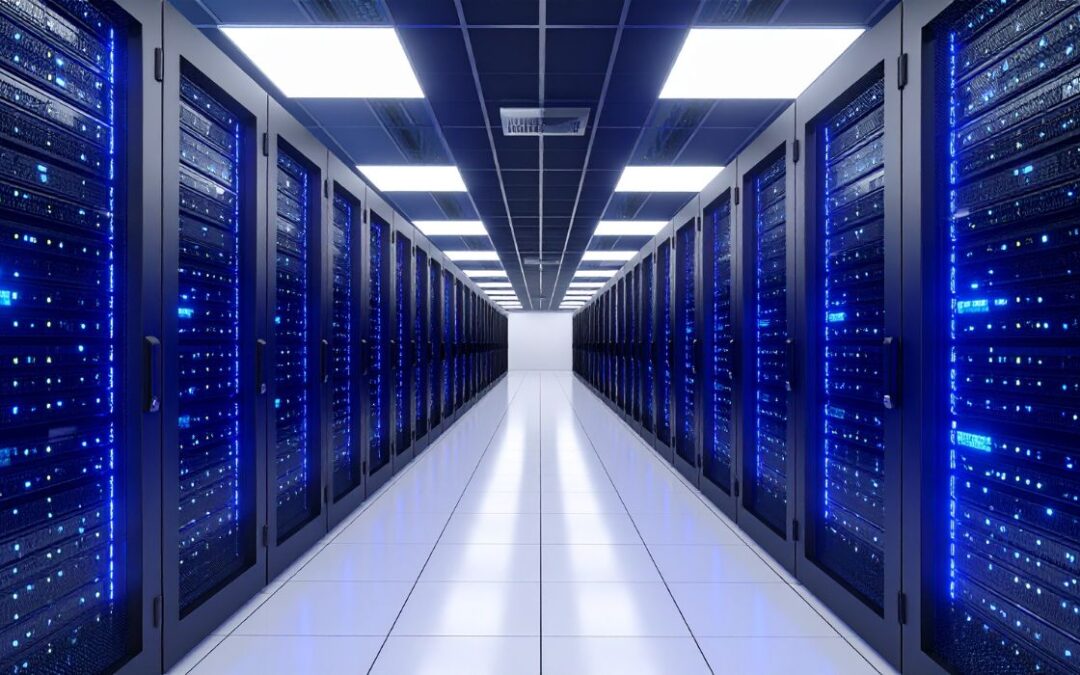In today’s digital age, the demand for data centers has skyrocketed. As businesses increasingly rely on cloud computing, big data, and artificial intelligence, the construction and development of data centers have become a critical focus for tech companies and investors alike. This article explores the key aspects of building and developing data centers, the challenges faced, and the future of this vital industry.
What is a Data Center?
A data center is a specialized facility that houses computer systems, servers, and network infrastructure. These centers store, manage, and disseminate data, playing a crucial role in supporting online services, applications, and business operations. Data centers can vary in size from small server rooms to massive facilities spanning hundreds of thousands of square feet.
The Importance of Data Centers
1. Supporting Cloud Services
The rise of cloud computing has transformed how businesses operate, enabling them to store and access data remotely. Data centers are the backbone of cloud services, providing the necessary infrastructure to support applications like software-as-a-service (SaaS) and platform-as-a-service (PaaS).
2. Facilitating Big Data Analytics
As organizations collect vast amounts of data, the need for powerful data processing capabilities has become paramount. Data centers equipped with advanced computing resources enable businesses to analyze and derive insights from their data, driving informed decision-making.
3. Enabling Artificial Intelligence
AI technologies require significant computational power and storage to function effectively. Data centers provide the necessary environment for training machine learning models and running AI algorithms, making them indispensable in the AI landscape.
Key Considerations in Data Center Development
1. Site Selection
Choosing the right location for a data center is critical. Factors to consider include:
- Proximity to Major Networks: Being close to internet exchange points ensures faster connectivity.
- Climate: Cooler climates can reduce cooling costs, while areas prone to natural disasters may pose risks.
- Access to Resources: Availability of power and water is essential for operations.
2. Scalability and Flexibility
Data centers must be designed with scalability in mind. As businesses grow and their data needs increase, data centers should be able to expand seamlessly. Modular designs and the ability to add resources without major renovations are crucial for long-term success.
3. Energy Efficiency
With rising energy costs and environmental concerns, energy efficiency is a top priority in data center development. Implementing strategies such as efficient cooling systems, renewable energy sources, and power management technologies can help reduce the carbon footprint and operational costs.
4. Security Measures
Data centers store sensitive information, making security a paramount concern. Implementing physical security measures such as surveillance, access controls, and fire suppression systems, alongside cybersecurity protocols, is essential for protecting data integrity.
The Future of Data Centers
As technology evolves, so will the design and operation of data centers. Here are some trends to watch:
1. Edge Computing
With the rise of IoT devices and the need for real-time data processing, edge computing is becoming increasingly important. This involves placing data centers closer to the end-user, reducing latency and improving performance.
2. Green Data Centers
Sustainability is becoming a key focus in data center development. Companies are investing in renewable energy sources, efficient cooling systems, and innovative designs to create green data centers that minimize environmental impact.
3. Automation and AI Integration
The integration of AI and automation in data center operations will enhance efficiency and reduce human error. Automated systems for monitoring, maintenance, and resource allocation will streamline processes and improve overall performance.
Conclusion
The building and development of data centers are essential to supporting the growing demands of our digital world. As technology continues to advance, data centers will play a pivotal role in shaping the future of industries across the globe. By focusing on key considerations such as site selection, scalability, energy efficiency, and security, developers can create state-of-the-art facilities that meet the evolving needs of businesses and consumers alike.
At E2 Optics, we are committed to advancing the field of data center development through training and resources for aspiring technicians and project managers. If you’re interested in learning more about opportunities in this dynamic industry, contact us today!

